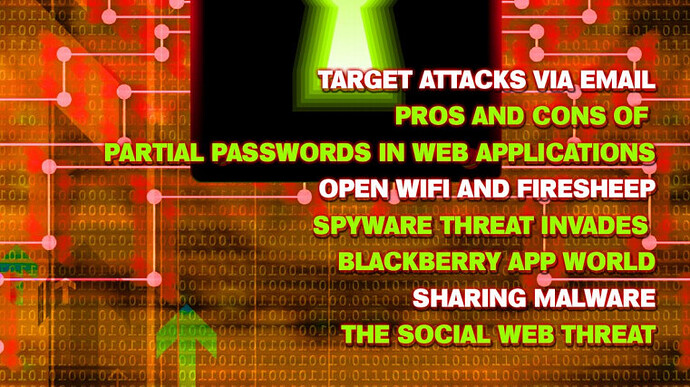A Beginners Guide to Ethical Hacking is a great
resource for people interested in ethical (whitehat) hacking. It is targeted at „beginners”, but some „intermediate” users may find value in this book as well. Some people think that there is nothing ethical about hacking – I think that there is nothing ethical about attacking, but hacking can almost always be done ethically. Hackers are thinkers who seek to determine their limitations through challenging their skills, and this book serves to educate readers about how they can challenge themselves in an ethical way.
The book starts by defining the ethical boundaries of hackers – what the cognoscenti considers too far. It then quickly jumps into the realm of programming and how code-writing can be leveraged to achieve the
readers’ goals. Some might argue that programming or reverse-engineering is old school, and the new school is all about root, but just like in school, you have to start with the Introduction to classes before you can move on to the Advanced ones. A solid foundation makes for a sturdy building. Programming doesn’t
mean learning a coding language from scratch, it means finding the resources you need, when you need them. And this book does just that.
The author then moves on to hacking and cracking of passwords, Microsoft Windows OS, Wi-Fi, and
websites. In the website section, the author details the web-application side of hacking, then covers malware and virii. This book not only helps you learn the hacking (or offense) side of information security, but also the anti-hacking (or defense, or counter-measures) side of the coin, detailed in the last chapter. By providing a good balance of both offense and defense, the reader is presented with the tools needed to make accurate and educated decisions regarding not only ethicalhacking, but also how to properly secure themselves when doing business online. Overall, I give this book a thumbs-up!
Happy learning!
